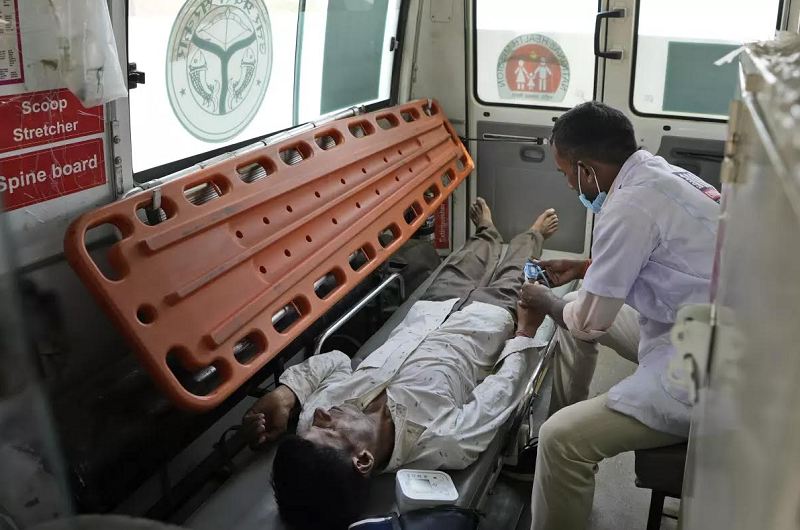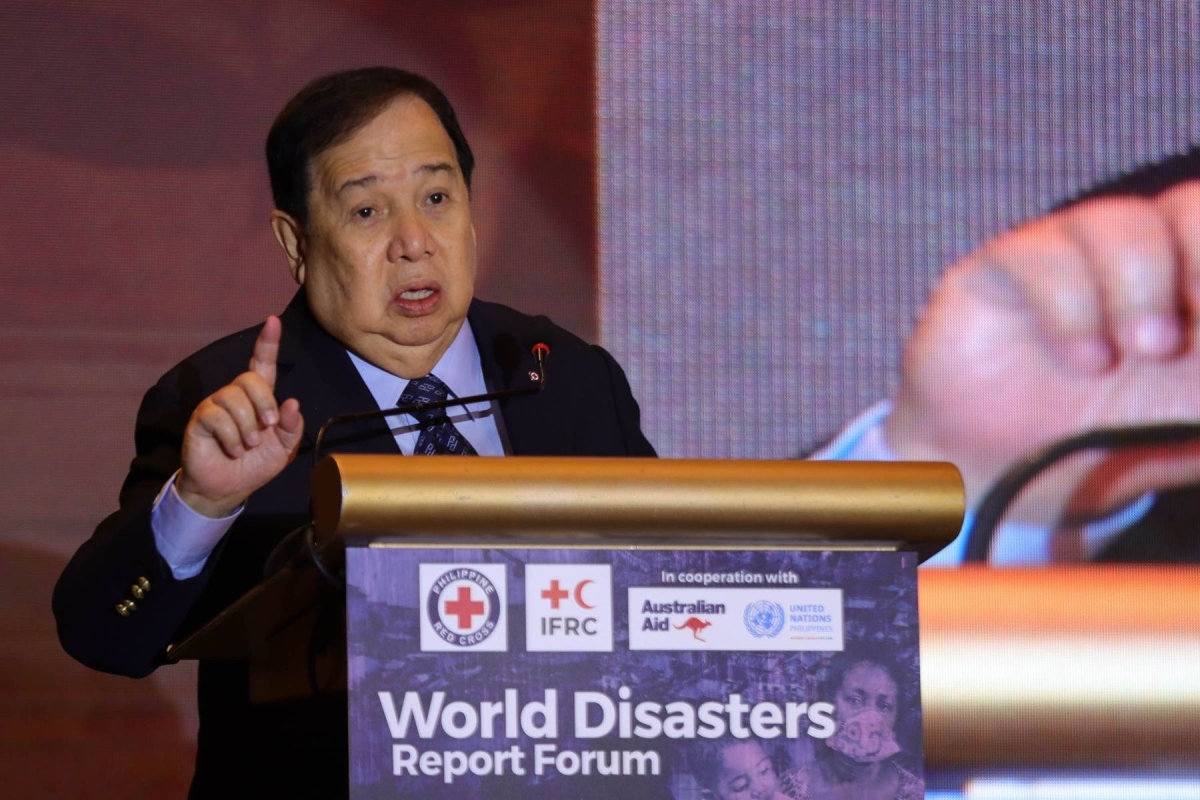By Marina Romanello
Our reliance on fossil fuels continues to harm our health and drive global temperatures to unprecedented levels. The recent surge in extreme weather events, food insecurity, water scarcity, and worsening air pollution can all be attributed to the emission of greenhouse gases. Unfortunately, the current adverse effects we are witnessing are just a glimpse of the potential catastrophes that lie ahead.
These findings are highlighted in the latest Lancet Countdown report on climate change and health, authored by a group of esteemed health and climate scientists, led by myself. While this grim conclusion may not come as a surprise to the millions of individuals and their families who are already suffering from climate-related health issues, it is a wake-up call for all of us. Regardless of where we live, we are all directly or indirectly affected by this crisis.
As climate change intensifies, its impact on our physical and mental well-being is no longer theoretical. Our research reveals that the increasing frequency of heatwaves and droughts in recent years has exposed an additional 127 million people to moderate or severe food insecurity in 2021, compared to the period of 1981-2010. Furthermore, outdoor air pollution resulting from the burning of dirty fuels claims the lives of 1.9 million individuals annually, while infectious diseases such as dengue fever are spreading to new regions.
Despite 27 years of annual climate change negotiations, world leaders have yet to acknowledge the urgent need to phase out fossil fuels. Astonishingly, a draft statement on climate change and health, set to be released during the upcoming United Nations Climate Change Conference (COP28) in Dubai, fails to address this critical issue, despite overwhelming evidence that fossil fuel combustion is the primary driver of the current health crisis.
With numerous countries and companies reneging on their climate commitments, the world is moving in the wrong direction. If greenhouse gas emissions continue at the current rate, we are on track for a global temperature increase of nearly 3°C by 2100, well above the 1.5°C target established by the 2015 Paris climate agreement.
The potential consequences are catastrophic. Even with a global mean temperature increase of just under 2°C, heat-related deaths are projected to rise by 370 percent by mid-century. The most vulnerable groups, such as the elderly and children, are now exposed to twice as many heatwave days as they were 30 years ago. As heatwaves become more frequent, the number of people experiencing moderate or severe food insecurity could increase by approximately 525 million by mid-century.
In addition to these direct effects, the climate crisis undermines individual well-being and the socioeconomic conditions necessary for a healthy population. In 2022 alone, extreme heatwaves resulted in a loss of 490 billion working hours worldwide. Even if we manage to limit global warming to just below 2°C, the loss of labor due to heat-related issues is projected to increase by 50 percent.
It is important to note that these effects are not evenly distributed. Regions that have contributed the least to climate change, such as Africa, South and Central America, Asia, and small island developing states, often bear the brunt of its consequences.
As we approach COP28, it is crucial that world leaders prioritize the urgent climate-fueled health crisis. Phasing out fossil fuels and implementing sustainable solutions are essential steps towards safeguarding our health and the well-being of future generations. By taking decisive action now, we can mitigate the devastating impact of climate change and create a healthier and more sustainable world for all.
Source: COP28 Must Focus on the Climate-Fueled Health Crisis







